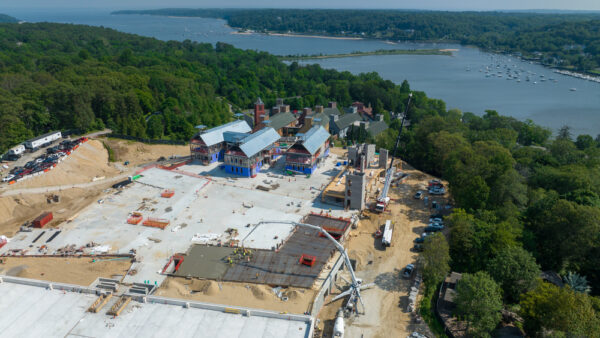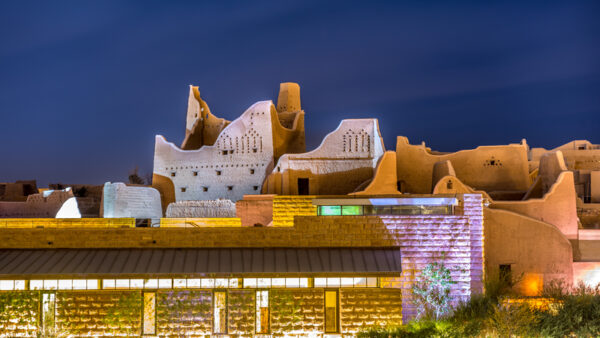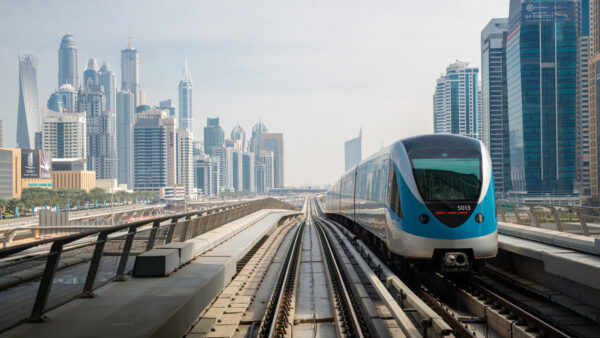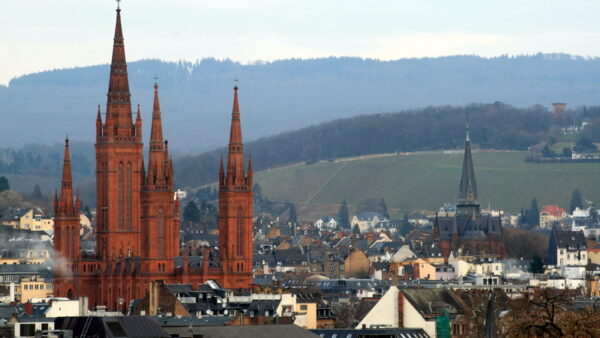Dutch marine contractor Van Oord yesterday installed reef balls and cages containing flat oysters to see if their larvae establish themselves in the vicinity and form a reef.
If successful, the experiment, organised by conservation groups North Sea Foundation and Natuur & Milieu, and energy firm Eneco, could provide a template for new wind farms in the North Sea, where natural reefs have almost disappeared as a result of human activity.
Trawl fishing is prohibited in wind farms, making them ideal locations for measures to bolster marine biodiversity, said Van Oord.
The oysters’s larvae could lead to the accretion of full-scale reefs, which become support hubs for other species such as crabs, fish, and seals, making the wind farm a “veritable nursery” for marine life, Van Oord said.
Oyster-loaded balls and cages were distributed 20m deep over three hectares in Eneco’s Luchterduinen wind farm, which is 23km offshore the Dutch port city of IJmuiden.
Called “Rich North Sea”, the project involves researchers monitoring the cages with underwater cameras until 2022. Scientists from Waardenburg Consultants, SAS Consultancy, and Wageningen Marine Research will investigate the optimum underwater conditions to enable life to thrive.
Van Oord said the number of wind farms in the North Sea is expected to increase greatly in coming years, which will have far-reaching consequences for marine biodiversity.
It said reef-seeding could offset the impact positively.
Image: Worker prepares a reef cage full of adult oysters to deposit in an Eneco wind farm off Ijmuiden, Netherlands, 5 November 2018 (Van Oord)
See also:






